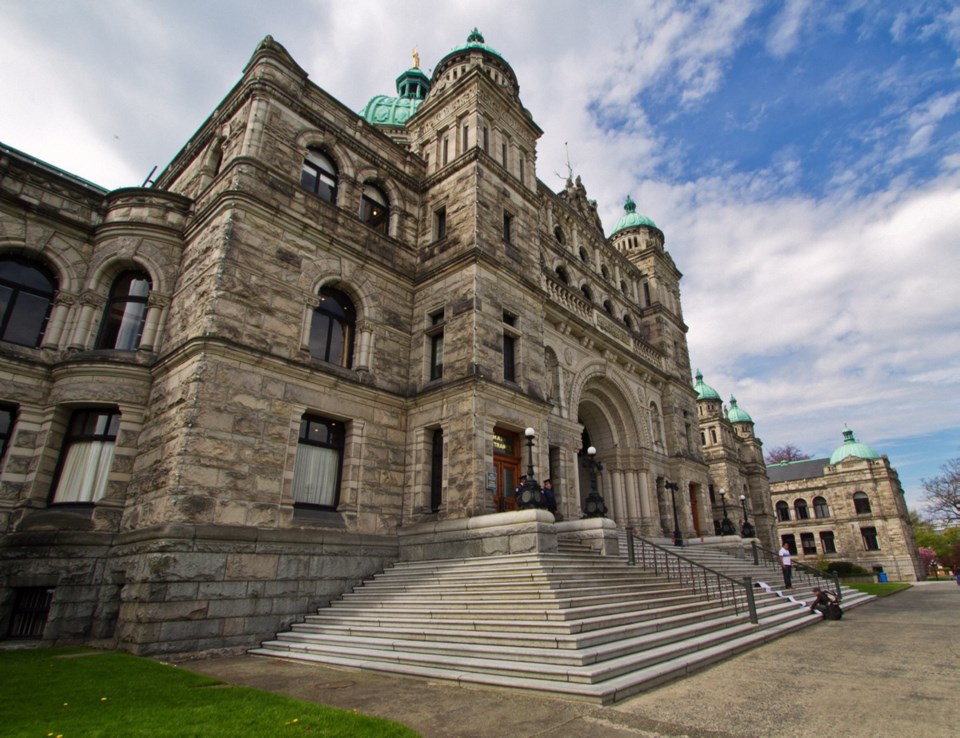The B.C. Liberals broke provincial rules by using taxpayer-paid government staff, ministries and communications resources to help drum up voters in ethnic communities, says the Opposition NDP.
A leaked “multicultural strategic outreach plan” by Premier Christy Clark’s deputy chief of staff Kim Haakstad appears to show government staffers, ministry officials, ministers and the government communication branch worked to build the B.C. Liberal party’s election database and contact list with ethnic voters and ethnic media.
“They’ve been caught out,” said NDP house leader John Horgan. “They’ve been taking public monies, hiring political operatives and taking the information they glean from lists and events and populating a B.C. Liberal election database so that they can be, as the document says, ready to go when the writ is issued.
“That’s not what public servants are supposed to do.”
Taxpayer-paid government officials, including staff in the premier’s office, aren’t supposed to spend their work hours organizing re-election bids, or doing partisan work directly for a political party.
The plan, dated Jan. 10, 2012, was sent to the private email accounts of caucus and party officials. It also went to Pamela Martin, the premier’s director of community outreach; Barinder Bhullar, the premier’s senior outreach co-ordinator; and Brian Bonney, then communications director for Harry Bloy, the former minister responsible for multiculturalism.
Martin, a former television broadcaster, was paid $98,661 last year as a civil servant.
There should be a push to “make sure government, caucus and the party are all working toward the same goal and in a co-ordinated and effective manner,” read the plan.
It also called for a shared database on multicultural events and contacts using government staffers, the Liberal party, the Ministry of State for Multiculturalism, the Intergovernmental Relations office and the government communications branch.
Spokespeople in areas such as the Chinese-Canadian community should “have a key contact in government to assist,” the plan read. It also said that the government should identify and correct historical wrongs through apologies in the legislature as “quick wins” for the Liberal party.
That revelation comes amid reports in Chinese media that the B.C. government plans to apologize for the Chinese head tax before the May provincial election.
“What British Columbians would object to is their tax dollars being used to prop up the B.C. Liberal election machinery and that’s exactly what they are doing,” Horgan said. “There’s references in the documents to the election database and how they are going to fill that database with information collected by public servants. I can’t tell you how wrong that is.”
The current minister responsible for multiculturalism, John Yap, called it “an old planning document” from Bloy, who resigned in March 2012 after he admitted to leaking emails to a private company.
“It was an opportunity to lay out what strategies might be considered,” Yap said, adding: “we’ve taken a different approach.”
He said he doesn’t think any government databases were shared with the B.C. Liberal party.
“To my knowledge that hasn’t happened and should not happen,” he said.



